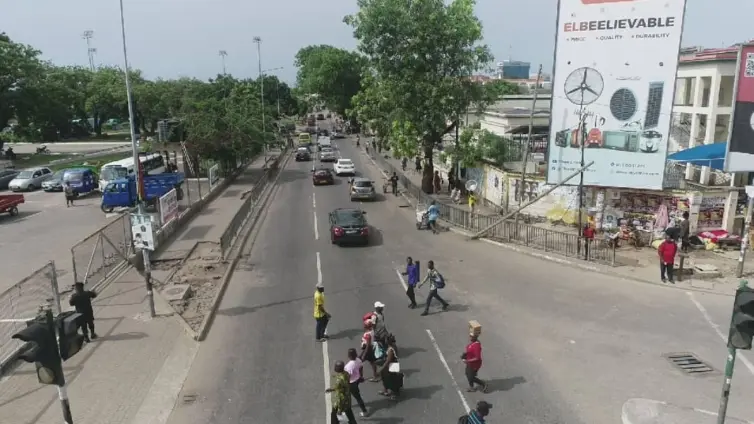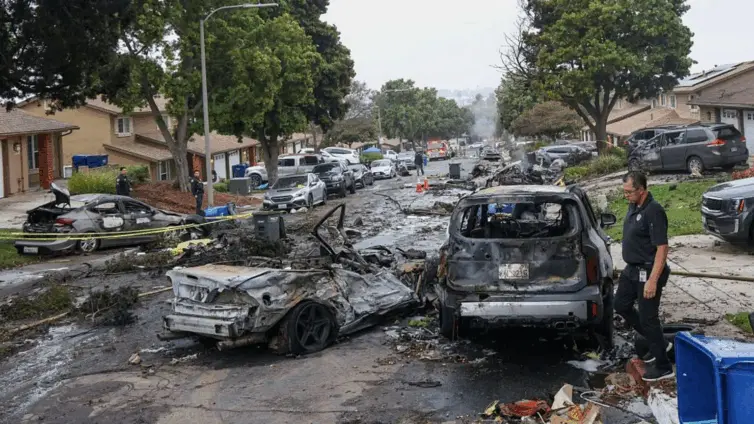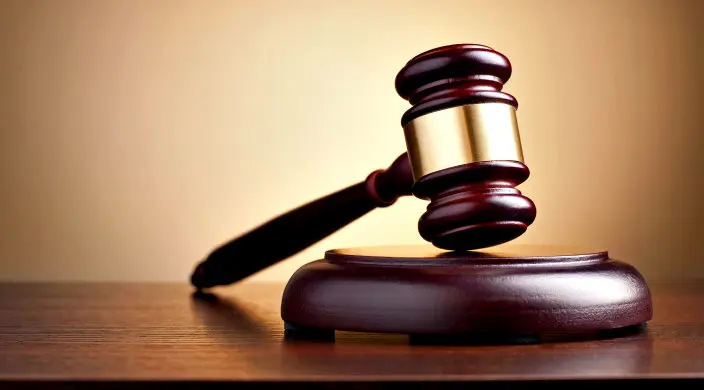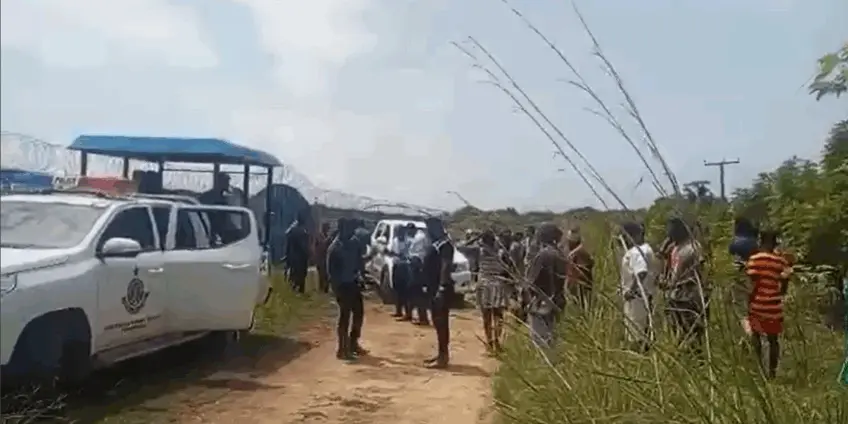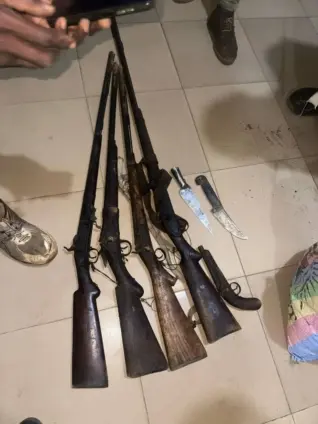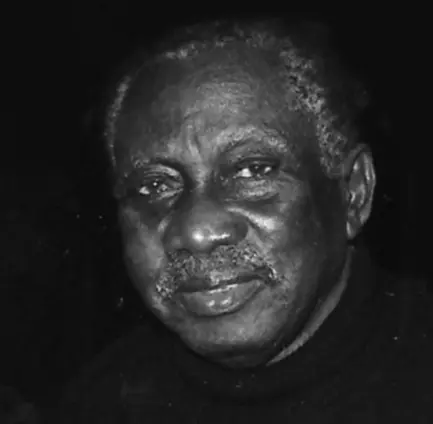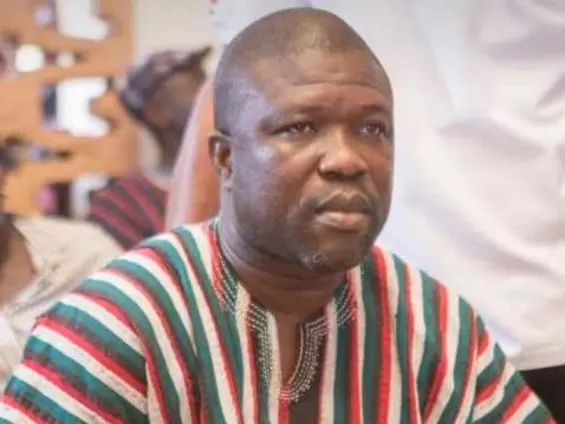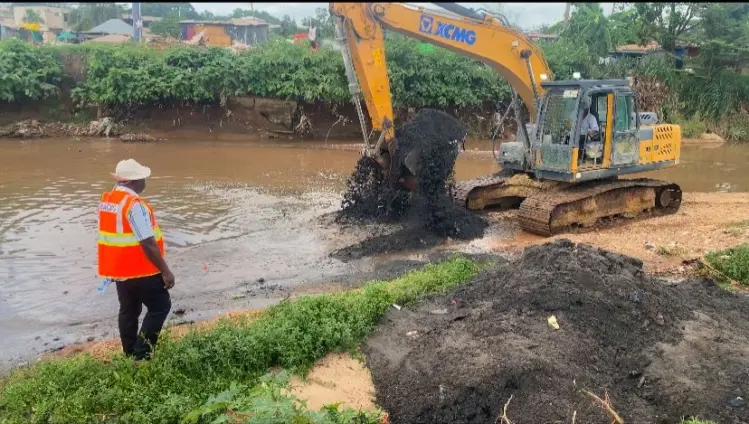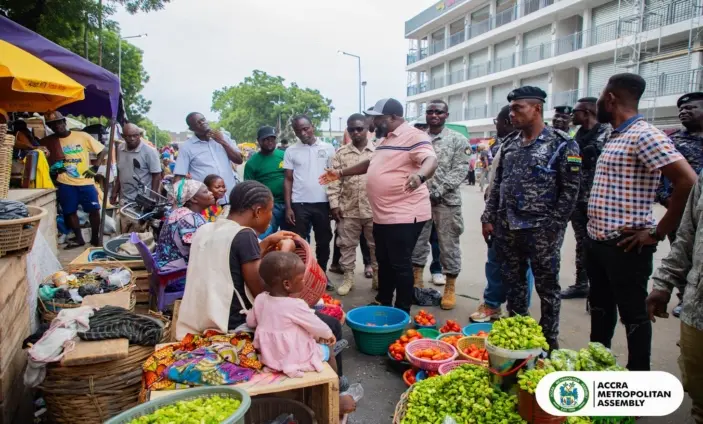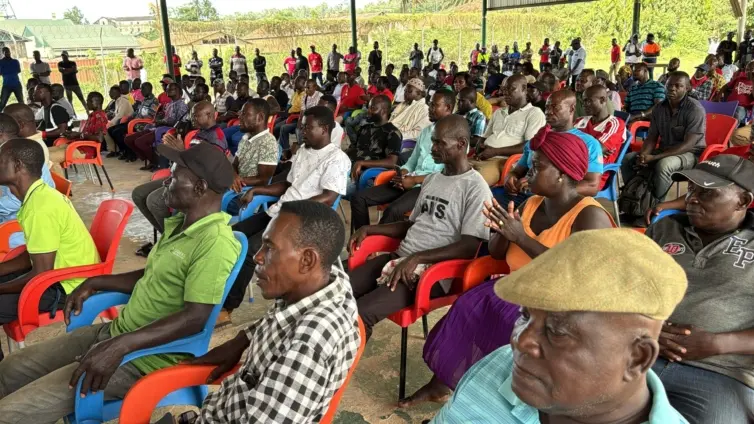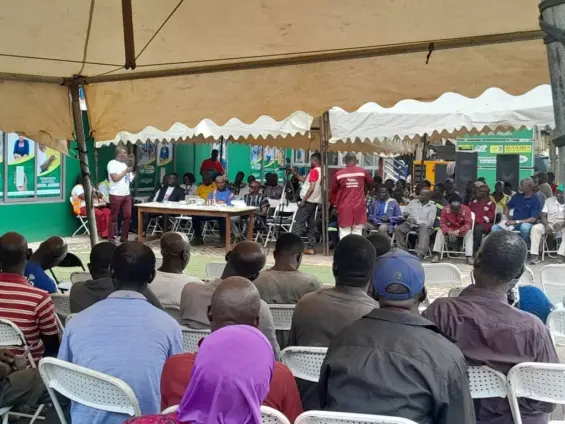The constant gridlock in Accra’s central business district has long frustrated traders, shoppers, and pedestrians alike. A recent joint clean-up and decongestion operation sought to address these issues head-on, bringing the challenges of urban commerce into sharp relief. At the heart of this effort is the Accra Metropolitan Assembly’s (AMA) ongoing campaign to decongest the city, a move receiving significant backing from the Greater Accra Market Association (GAMA).
Mercy Naa Afrowa Needjan, President of GAMA, has emerged as a vocal supporter of the AMA’s initiatives, emphasizing the critical need for order and urging traders to fully utilize existing market facilities. As Accra grapples with the pressures of urban growth, this unified front signals a determined push to reshape the city’s commercial landscape through Accra decongestion.
Madam Needjan’s support highlights a growing consensus that the city’s chaotic streets require immediate intervention. But why are Accra markets so firmly behind this decongestion campaign?
The Greater Accra Market Association’s support for the decongestion campaign stems from a desire to restore order and functionality to Accra’s markets and surrounding areas. According to Madam Needjan, the encroachment of streets and pavements has led to a breakdown of order, impacting everyone. “We’ve all seen what’s happening on the roads — no parking for vehicles, no walkways for pedestrians. Every part of the street is occupied,” she stated, underscoring the urgency of the situation.
This GAMA support isn’t just about aesthetics; it’s about creating a safer and more efficient environment for traders, customers, motorists, and pedestrians alike. Decongestion promises to ease traffic flow, reduce accidents, and provide a more pleasant shopping experience. GAMA believes that a well-organized market system benefits everyone and is calling for cooperation from market leaders and traders to achieve this vision. This, she emphasizes, is not just about the AMA or the government imposing rules but a collective effort to improve the city for all.
Despite the evident need for decongestion, a persistent problem undermines these efforts: underutilized market facilities. Across Accra, many designated market spaces remain empty while traders continue to flock to the streets.
The issue of empty market spaces casts a shadow over the Accra decongestion efforts. Markets such as Makola, Adabraka, Osu, and Circle Markets have substantial vacant spaces, yet many traders prefer to sell their wares on the streets. This preference, as Madam Needjan notes, often boils down to perceived profitability: “every trader follows the money.” The belief is that higher foot traffic on the streets translates to increased sales, incentivizing traders to disregard designated market areas.
The situation at Makola Market is particularly telling. Instead of serving as a vibrant hub for commerce, parts of the market are reportedly being used primarily for storage, further exacerbating the problem of street vending. Madam Needjan has issued a direct appeal to traders, urging them to reconsider their current practices and return to the markets for safer and more orderly commerce. “I’m pleading with the traders,” she said. “Adabraka Market is empty. Osu Market is also empty. Even Circle Market, which was built specifically for pedestrian trading, remains unused.”
The AMA, in collaboration with the Korle Klottey Municipal Assembly, launched a joint operation to tackle these challenges head-on. This initiative aims to reclaim the streets and restore order to Accra CBD.
Launched on Tuesday, May 20, the AMA operation, conducted jointly with the Korle Klottey Municipal Assembly, is specifically targeting unauthorized street trading and traffic congestion. The operation is focused on key areas including Kinbu Road, Railways, ECG Junction, King Tackie Tawiah Statue, Opera Square, and Adabraka. The ultimate goal is to create vacant streets for cars and proper trading spaces for vendors, ensuring a more functional and accessible city center.
Given the scope of the decongestion challenge, what specific steps can traders take to actively contribute to a more organized and efficient Accra?
To effectively support the decongestion efforts, traders can take several key actions. First and foremost, they should prioritize returning to and utilizing available spaces in markets like Adabraka, Osu, and Circle. These designated areas offer safer and more organized environments for conducting business. Secondly, cooperation with authorities is crucial. Traders need to work collaboratively with the AMA and other relevant bodies during the decongestion process, adhering to guidelines and regulations. Finally, traders should recognize and promote the advantages of operating within designated market areas, such as improved infrastructure, increased customer accessibility, and a more secure trading environment. By embracing these benefits, traders can encourage others to follow suit and contribute to the overall success of the decongestion assistance.
As Accra strives for a more organized and functional city center, the collaborative efforts of the AMA, GAMA, and the traders themselves will be paramount. The support from the Greater Accra Market Association, the persistent problem of empty markets, and the AMA’s determined decongestion efforts collectively underscore the complexities of urban planning and commerce in Accra.
The benefits of city decongestion extend to all stakeholders, from traders and customers to motorists and pedestrians. As Madam Needjan’s statements reveal, a safer, cleaner, and more functional Accra is within reach, but it requires sustained cooperation and collective action. Only through a unified approach can Accra transform its commercial landscape and create a more sustainable urban environment for future generations. The future of Accra markets depends on it.
Image Source: MYJOYONLINE

